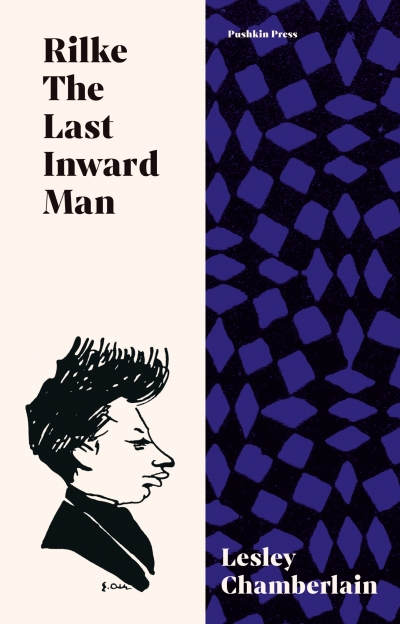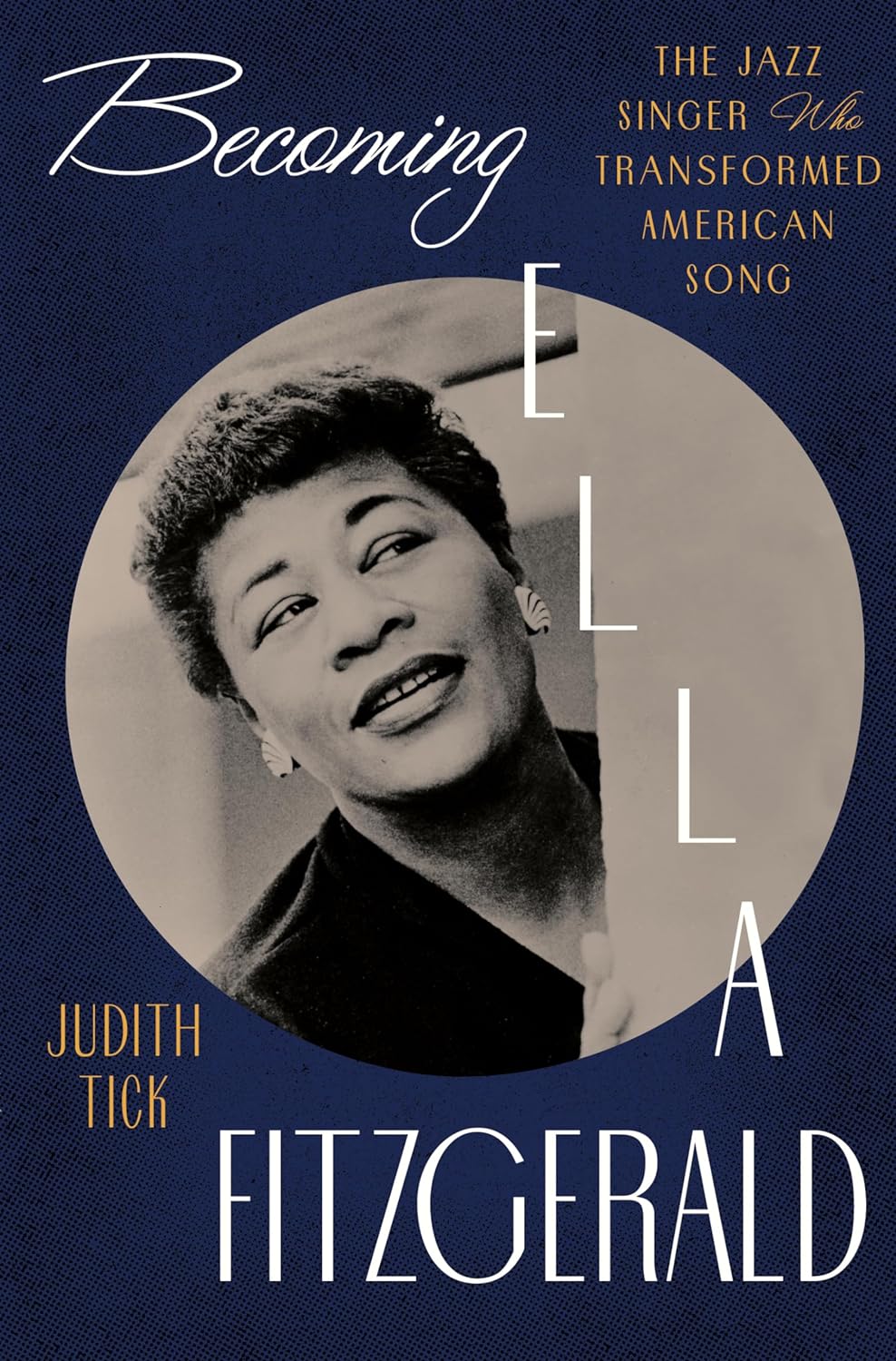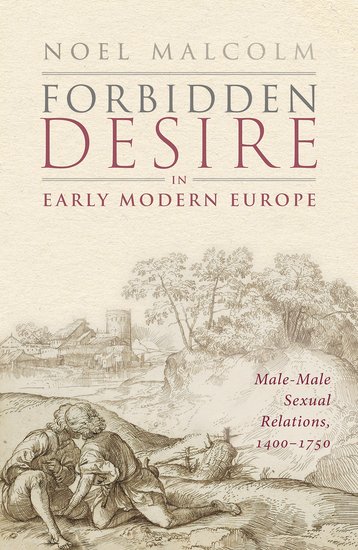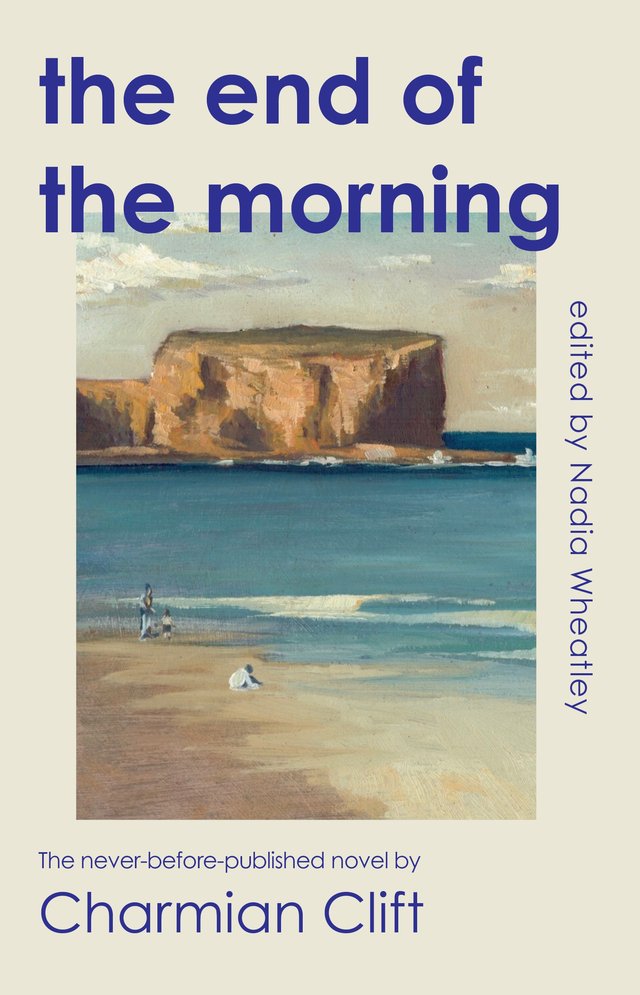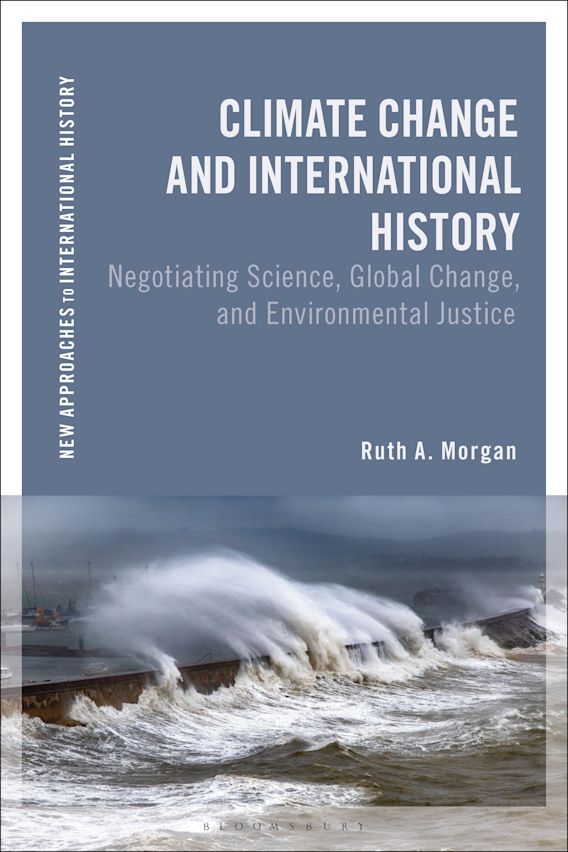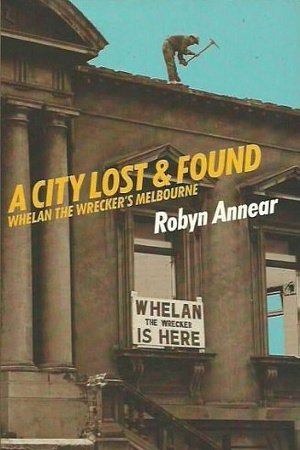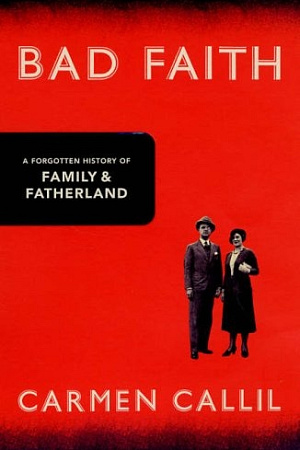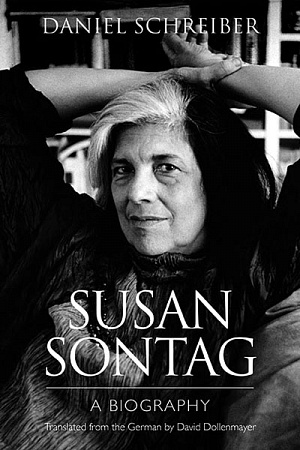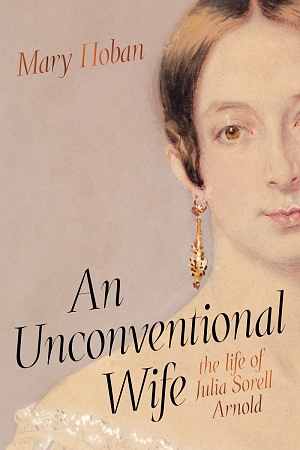Rilke: The last inward man
Pushkin Press, $39.99 hb, 320 pp
A poet ‘in between’
Since his death in 1926, almost a century ago, the poet Rainer Maria Rilke has remained an anomaly. He was doomed, Lesley Chamberlain says in Rilke: The last inward man, to be a poet ‘in between’: a bridge between modernism and Romanticism, his work an inevitably compromised attempt to reclaim the consolations of metaphysics for a secular age. Despite this – or perhaps because of it – Rilke’s poetry has remained enduringly popular. There are dozens of translations of his notoriously complex poetry into English, and a plethora of critical writing, some of it leaning into a sentimentalised hagiography that is too easily parodied. In Reading Rilke: Reflections on the problems of translation (1999), William H. Gass perhaps best catches the ambivalence one feels approaching the man and his work:
With a romantic naiveté for which we may feel some nostalgia now, and out of a precocity for personality as well as verse, Rilke struggled his entire life to be a poet – not a pure poet, but purely a poet – because he felt, against good advice and much experience to the contrary, that poetry could only be written by one who was already a poet: and a poet was above ordinary life (Villiers de L’Isle-Adam’s famous quip, ‘As for living, we shall have our servants do that for us,’ described his attitude perfectly).
In her own book-length overview of Rilke, Chamberlain is a little sceptical of Gass, but perhaps she could have used some of his robustness. Gass’s fascination is rooted in a deep respect for Rilke’s ‘internal intensity’, which he says demands an ‘absolute intimacy’ of the reader. Perhaps it’s not surprising that this intimacy produces impassioned readers and interpreters, among whom I count myself, and that everyone who engages deeply with his work creates their own particular Rilke. But I own that Rilke: The last inward man disappointed me: it feels like a missed opportunity.
Continue reading for only $10 per month. Subscribe and gain full access to Australian Book Review. Already a subscriber? Sign in. If you need assistance, feel free to contact us.

